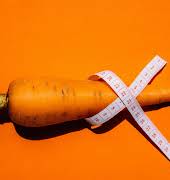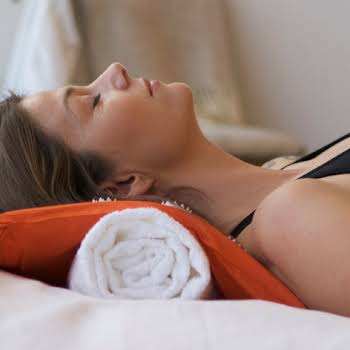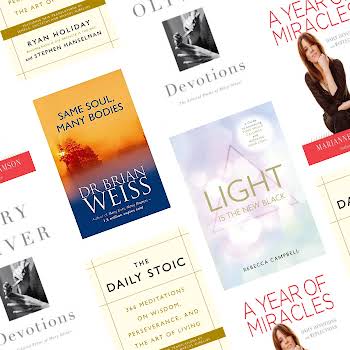
By Jennifer McShane
17th Jun 2021
17th Jun 2021
As we come into pollen season, these tips should help manage symptoms
According to research, 30% of Irish adults take leave from work due to their allergies. Met Eireann revealed a rise in pollen count recently, which presumably will rise as the warmer weather continues and we go into the summer months
A 2019 Scope Gut Health Index reported that Irish people’s general mood (35%) and sleep (28%) are most affected by their allergies. With this, there can be additional knock-on effects including sleep interruptions and low-levels of general mood, daytime fatigue and decreased productivity.
It also revealed that while allergy season affects 4 in 10 people, 1 in 3 people do not use medications to treat their allergies. When asked about how they treat their allergy symptoms, 19% of people said that they have “tried everything”, while 81% said that they are unaware of what products can help to alleviate their allergy symptoms.
How to help symptoms
To help combat symptoms as we come into pollen season (between late March and September when it’s warm, humid and windy, is when the pollen count is at its highest), the following will help:
Cut back
Cutting out pro-inflammatory foods like processed meats, sugary drinks and trans-fats is a good start. Try replacing the pro-inflammatory foods with anti-inflammatory essential fats and antioxidants from the likes of green leafy vegetables, blueberries, pineapple, salmon, herbs and spices.
Boost your immunity
Hayfever is associated with an oversensitive immune system, of which 70% is located in the gut and influenced by the diversity of our gut flora. To help boost your immune system and rebalance your gut flora, Bio-Kult offers a full range of multi-strain live bacteria supplements. It is recommended taking it one month before the pollen count gets to its highest level, but with the pollen count marked as very high, it’s never too late to start.
Wash, wash, wash
To ensure pollen exposure is reduced when entering your home, remove and wash your clothes. This will control the pollen level in your home. Also, if you have pets, refrain from letting them enter your bedroom as the pollen may transfer from your pet onto your bed which is a recipe for a bad night’s sleep!
Take a probiotic
The composition of our natural gut flora can fluctuate in response to external factors such as antibiotics, leading to negative changes. Disturbances of normal bowel function can prompt symptoms such as bloating and intestinal pain to occur. So, it’s important to take a probiotic on an ongoing basis, especially during and after a course of antibiotics to set the balance right again.
Eyecare is important
Eye drops like HYLO Dual can also provide symptomatic relief for people suffering from hay fever, but we recommend working on a prevention method than struggling with allergy symptoms. Our advice is to optimise your vitamin D levels and the diversity of your gut flora throughout the year, that way, you can enjoy summertime in all its glory.
Drink more tea
Herbal teas like nettle or liquorice and peppermint with natural antihistamine properties are also good at reducing inflammation. Caffeine can often make symptoms worse, so maybe swap a coffee with chamomile tea which is a natural anti-inflammatory and antihistamine.
Supplements may help
Vitamin D can activate certain regulatory immune system cells that prevent the release of chemicals that can cause and even worsen allergies. So, a deficiency in vitamin D may inhibit this regulatory process, leading to either worsening allergies, or even as a trigger for the allergies. The simple addition of a vitamin D supplement to the diet can be really beneficial during allergy season.
Natural remedies
The natural antihistamines found in cauliflower, grapes, green tea and vitamin C from orange, lemon, peppers can help ease symptoms without any side effects.
Stay hydrated
Make sure to stay hydrated when suffering from allergies. When your body is dehydrated, it can produce higher histamine levels which actually worsens allergies. Typically, in Ireland, we are advised to drink approx. 8 glasses of fluid per day to prevent dehydration.
Write down your triggers
Make a note of how frequent you suffer from allergies. If you can identify triggers and stimulants, it will make life a lot easier when you understand the condition and what is best to avoid.
Main photograph by Pexels.























